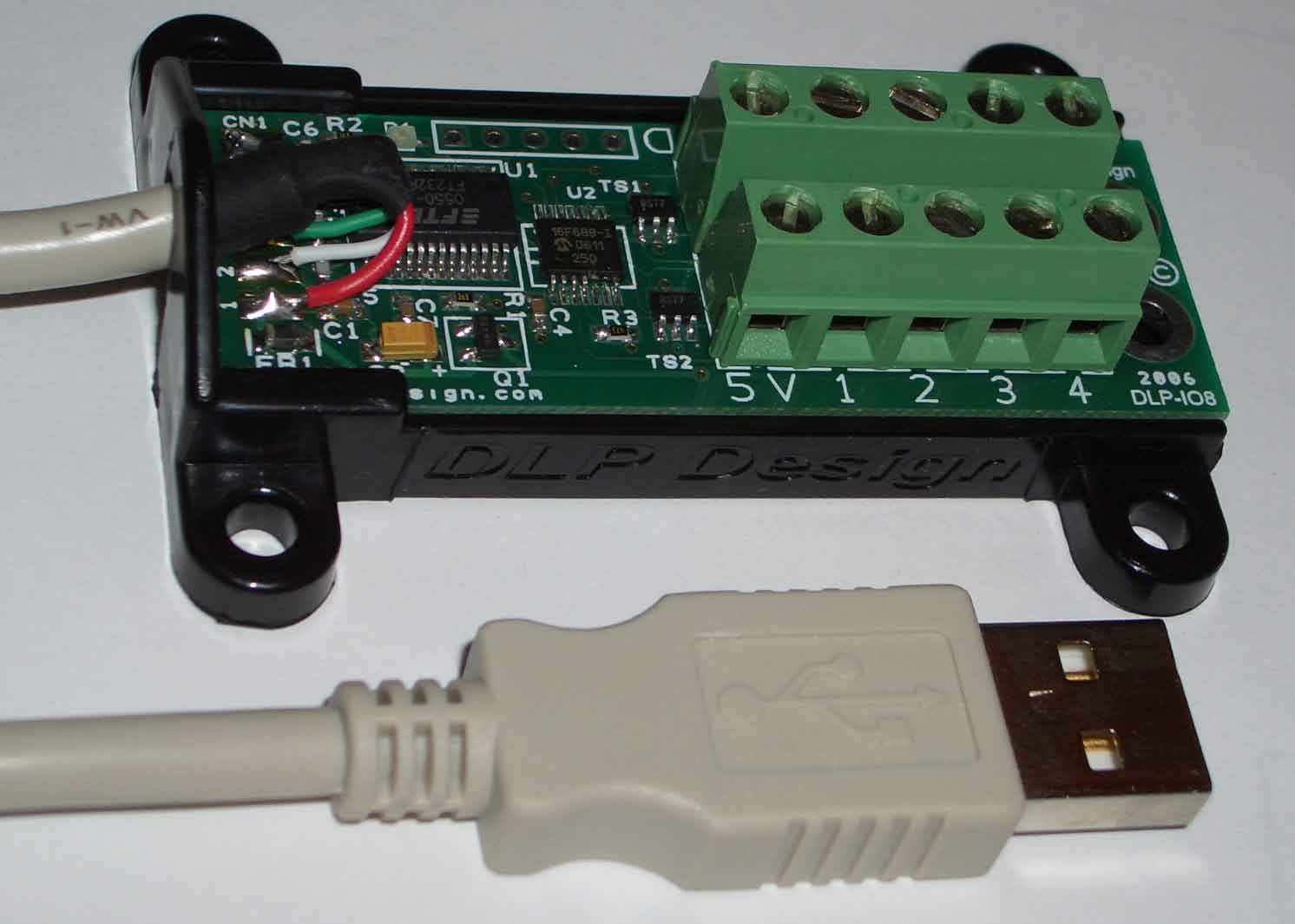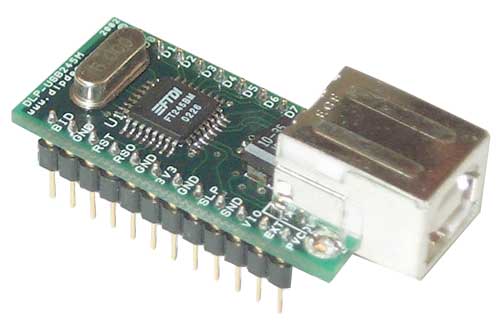

Vamsi suggests using Analog Devices' AD633 as the multiplier in our project. The circuit consists of a standard implementation mentioned in the datasheet. (Fig. 3).
Specifications
| Transfer Function | [(X1–X2)(Y1–Y2)/10] + Z | |
| Slew Rate (V/µs | 20V/µs | |
| Supply Voltage (V max) | ±18V | |
| Supply Current (max) | 6mA | |
| Temp Range | -40 to 85°C | |
| Package | DIP/SOIC |
From Analog Devices website. The datasheet.
AD633 seems cheap, and very popular. Good for it. Also, AD seem very forthcoming to give free samples. I will try something about that.


